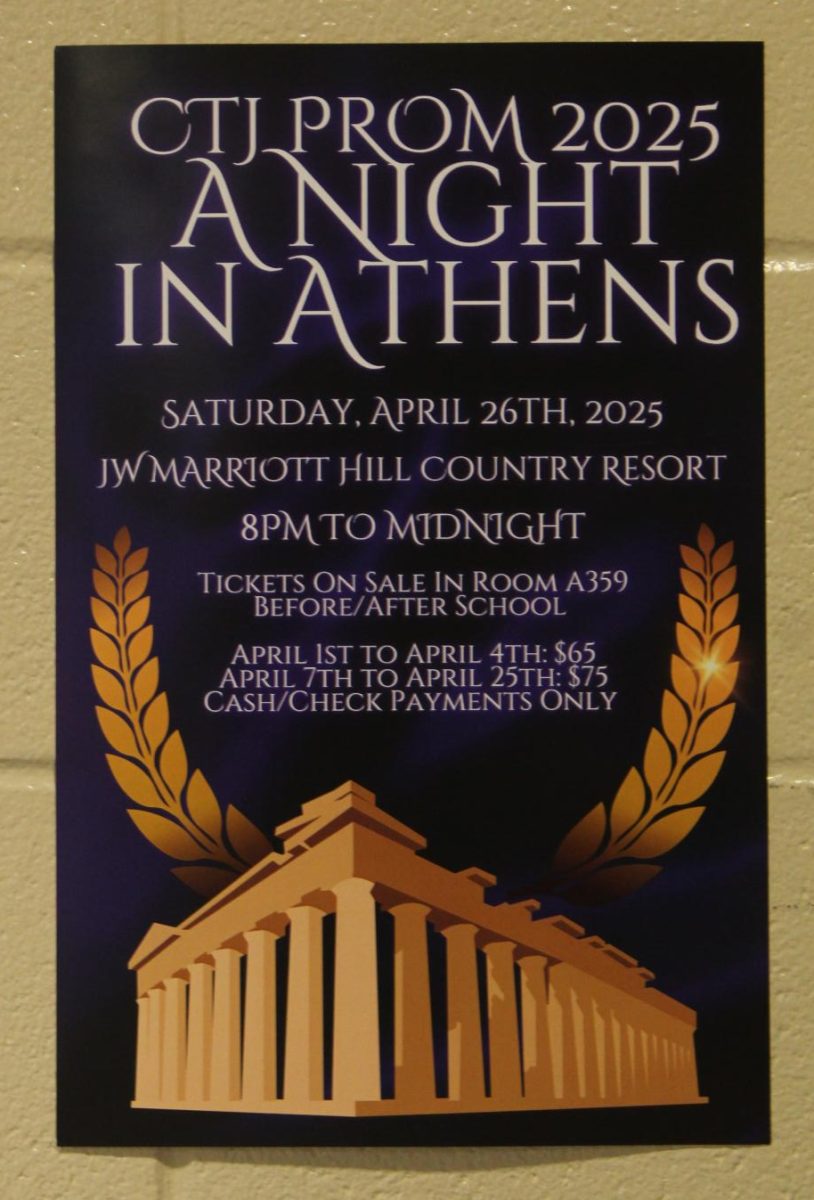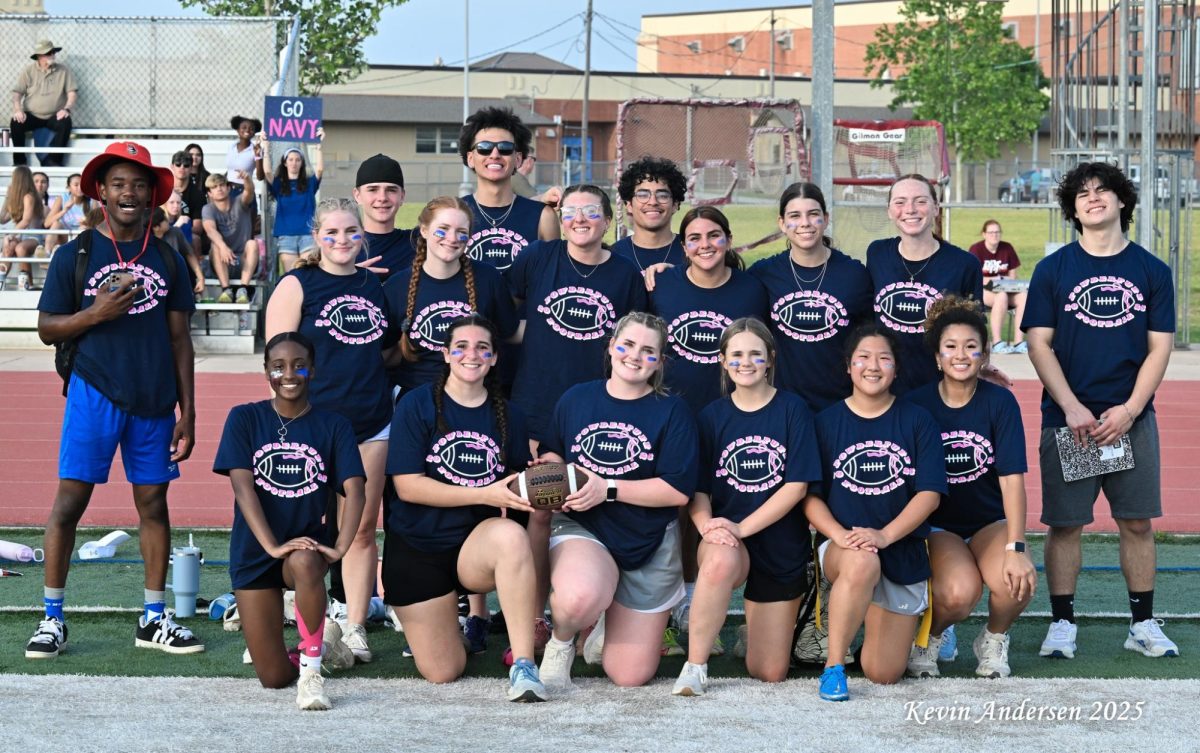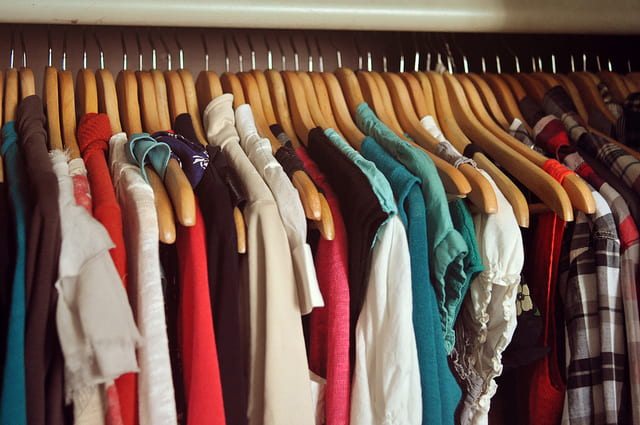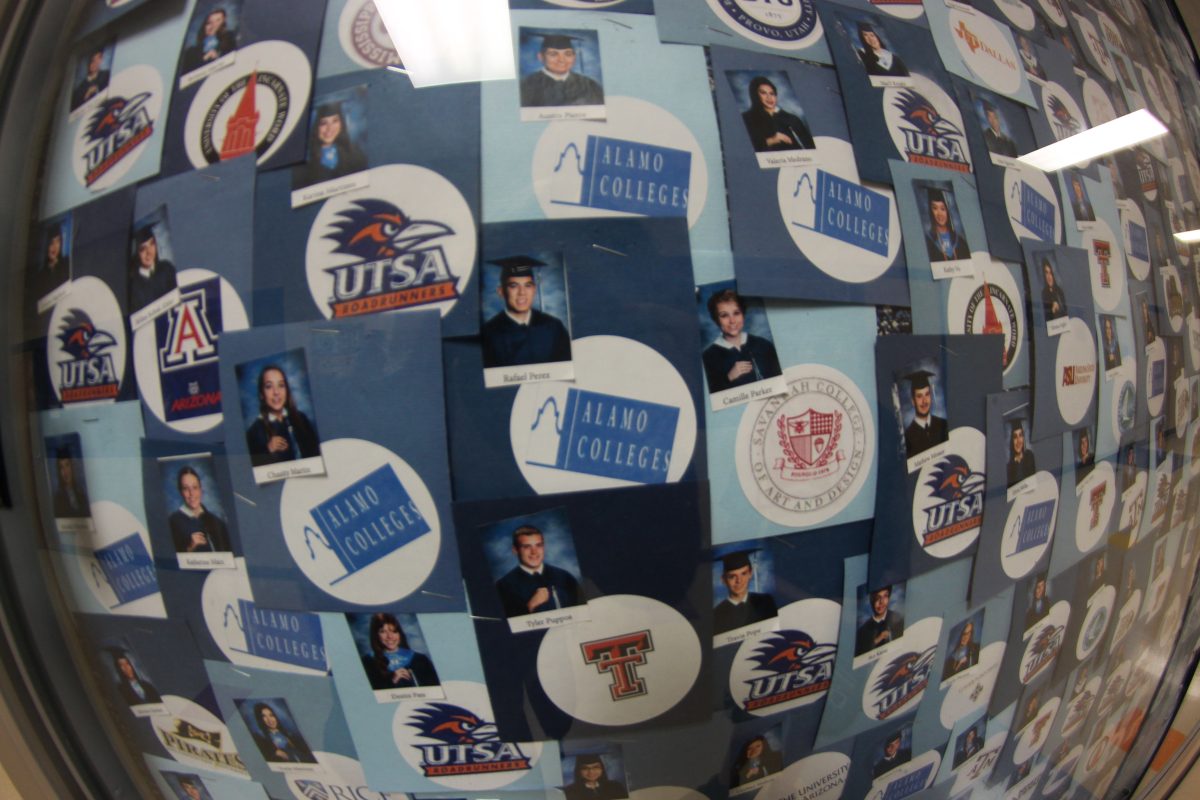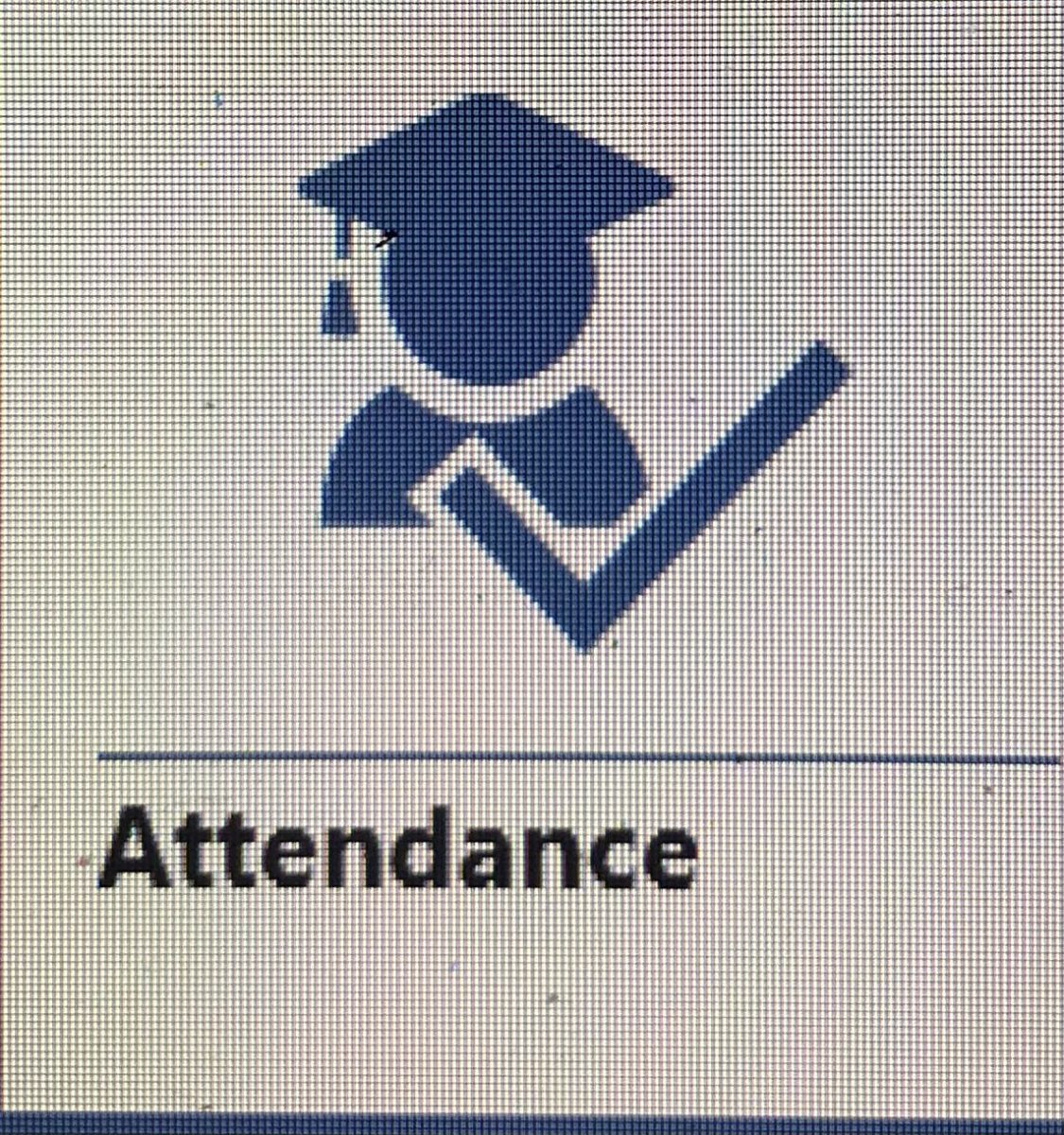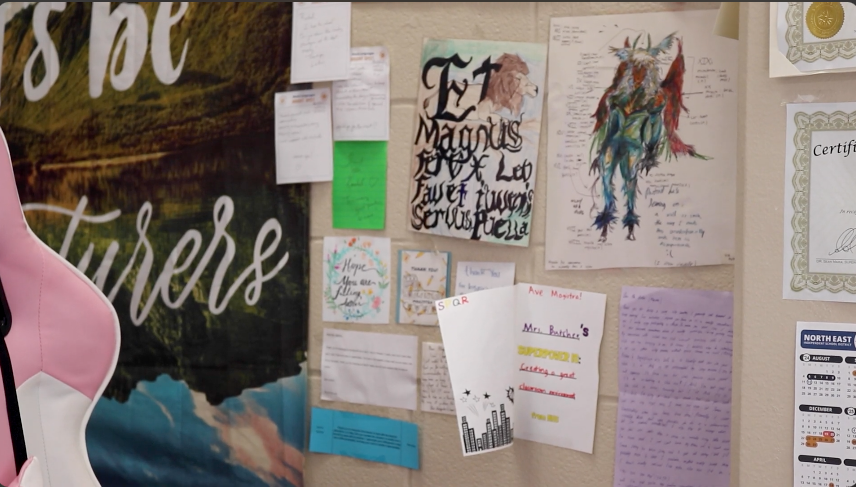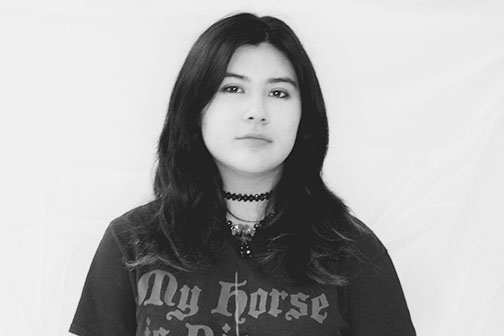People probably assume most teenagers don’t frequent The New York Times, NPR, or Reuters to learn about politics. So it’s natural for adults to be concerned about where students are getting their opinions from– especially when social media has a reputation for being a breeding ground for false information, conspiracies, and political rabbit holes.
“It’s, you know, engagement for them, and just plays for them to kind of gain more knowledge about our political system in the United States, and hopefully provide some outlets for them to make sure that they are getting information and being informed whenever they’re trying to select a candidate that they might, you know, align with,” librarian Renea Canales said.
However, social media and politics aren’t separating any time soon. With Trump’s active presence on Twitter (or X) and Truth Social and the creation of KamalaHQ on Tiktok, politics and social media are continuously intertwined. Anyone, anywhere, can make a claim or argument about either candidate with little to no verification; still, some like Canales and senior Averie Closner argue that it can actually be quite beneficial.
“I feel like it’s a good starting place for you to…like- you get your information, and you can jump off and do your own research and tune into [politics],” Closner said. “It’s where I got information to tune into the debate and things like that.”
However, senior Christian Gonzalez has a different perspective.
“It’s definitely more destructive. It has the potential to be used positively, but due to the spread of misinformation, it’s become a tool that is– you know– not beneficial to the candidates or the political process in America today, right?” Gonzalez said.
Gonzalez suggests going directly to the candidates’ websites and learning about their past policies, other candidates they’ve backed, and bills they’ve supported in order to avoid bias and misinformation when learning about the election.
“I think misinformation will become… so much like truth that it’s hard to differentiate between truth and lies– to the point where you can’t even tell what’s real,” he said.
The library also has resources for students to learn about more directly politics. According to Canales, the library has sections that range from covering informed voting to the branches of government.
“And so we have things about even past candidates, current candidates, just information for students to kind of just come and read and just even know again, about like the political system and what it is that we do in the United States,” Canales said.
The school will also host a mock election on Nov. 4, where social studies teachers will take students to the library to cast their ballots.
“We’ve done it several years ago. We also held it in the library as well, and it was a very similar concept. So just kind of setting up areas for students to kind of get the feeling of what a real election or election place site might be like,” Canales said. “And so we did it about four years ago, and then we did it previous [to] that– the previous four years before that.”
Overall, social media can act as a gateway for students to learn more about candidates and policies; it’s just important that they fact check their sources and understand the powers of the political system. They can look at websites like FactCheck.org or Snopes to learn more about the validity of candidates’ claims and promises.
“And you know, if you want to make sure that as a citizen in the United States, that you are someone who is engaged, and you are kind of doing your civic duties, since these are things that you would want to do, is to protect your own civil rights,” Canales said. “And so just making sure that students are really informed on that aspect of it, just the system itself.”
Hearing about new policies and positions from the candidates can be pretty accessible, but it can make politics polarizing and stressful. So it’s important to find both sides of a situation before immediately pointing fingers.
“Whoever is better than whoever, but I feel like both of them, like, if you’re a politician, you’re gonna be morally gray, right?” Closner said. “And so I think that’s the whole point of just being educated and not…like seeing them as a celebrity seeing that, or like, yeah, idolizing them.”
So next time when an infographic about the policies of Harris or Trump pops up, make sure to check out the reputability of the source, understand the bias the source has, and the truth and likeliness of their claims.
“It’s one of those things where making sure that if you’re looking at social media, that you’re looking at something that is fact based and not biased. We’re always going to have a little bit of bias just because of the ways that we were raised, in our own backgrounds and sides that we would align with a little bit more one than the other,” Canales said. “But it’s the same thing like when we are checking out news articles or deciding what to watch on TV. It’s the same kind of thing with social media. You just want to make sure that you’re not looking at things that are going to be harmful, that are really rooted in bias and misinformation versus things that are from reputable outlets.”


